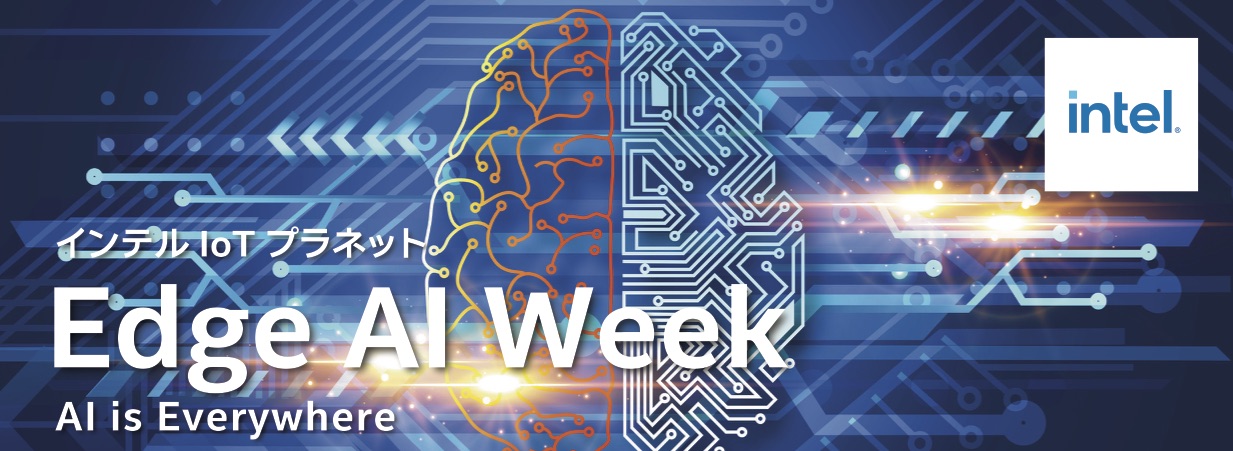OpenVINO 2021.4 LTSがリリースされました
https://software.intel.com/content/www/us/en/develop/articles/openvino-2021-4-lts-relnotes.html
Intelからのリリースを転記します
Major Features and Improvements
- This new 2021.4 Long-Term Support (LTS) Release provides bug fixes, longer-term maintenance and support with a focus on stability and compatibility enabling developers to deploy applications powered by Intel® Distribution of OpenVINO™ toolkit with confidence. A new LTS version is released every year and supported for two years. For those developers that prefer the very latest features and leading performance, standard releases will continue to be made available 3-4 times a year. Read more about the long-term support and maintenance, go to the Long Term Support Policy.
- New Jupyter Notebooks, demos and support for additional public models to make development easier:
- Ready-to-run Jupyter Notebooks with tutorials for converting TensorFlow and PyTorch models, image classification, segmentation, depth estimation, post-training quantization and more.
- Audio Noise Suppression & Time Series Forecasting demos
- Public Models: RCAN and IseeBetter (image super-resolution), Attention OCR (image text prediction), Tacotron 2 (text-to-speech) and ModNet (portrait/image matting)
- Time-to-first-inference latency performance enhancements: Initialization has been optimized on CPU and integrated GPU (iGPU), significantly improving performance at inferencing startup. Setting up inferencing always involves additional initialization time as the network is loaded and configured on the device, especially on GPUs due to their architecture. This setup time has been reduced significantly for many networks by doing more initialization work in parallel among other optimizations.
- Preview of OpenVINO ™ integration with TensorFlow: Although not a part of the 2021.4 LTS release, a new open source component called the OpenVINO™ integration with TensorFlow is available as a public preview. This component is designed for TensorFlow developers newly exploring OpenVINO™ toolkit to try it with minimal code changes, maximizing TensorFlow API compatibility. For highest performance, lowest memory footprint and complete hardware control, adopting native OpenVINO APIs continues to be the recommended approach.
その他、FPGAのサポートが無くなりました
known issueなどの項目が見やすくなっているのではないでしょうか。

産業用画像処理装置開発、
ゲームコンソール開発、半導体エンジニアなどを経て、
Webエンジニア&マーケティングをやっています
好きな分野はハードウェアとソフトウェアの境界くらい
